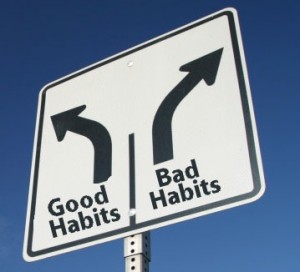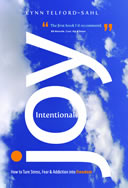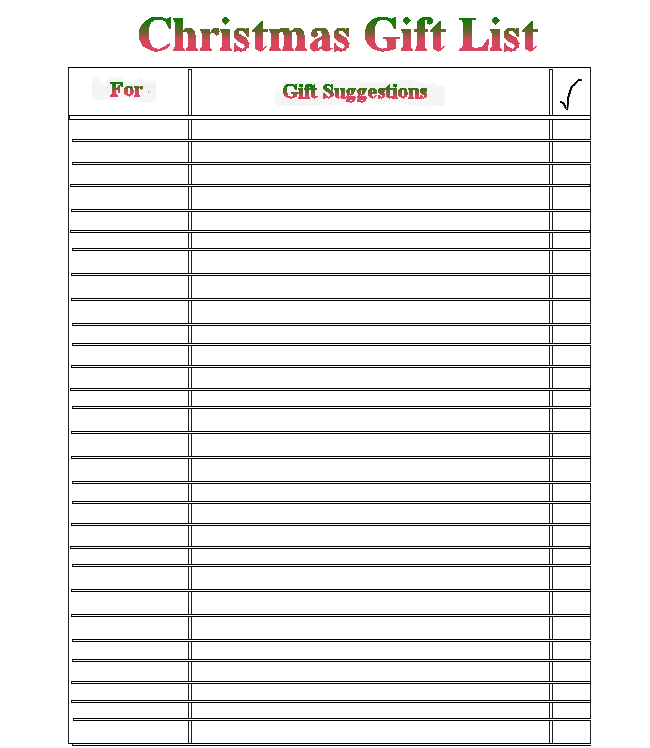Just Like Overeating, Bad Money Habits Can Be Changed – There’s an APP!
 Tuesday, May 29, 2012 at 8:33AM
Tuesday, May 29, 2012 at 8:33AM  Post a Comment
Post a Comment Losing weight and keeping it off has always been tough. But bad spending habits can be just as challenging and destructive. Now there are Apps like Urge or Make a Habit, Break a Habit (see below) to make it easier to stay on track with behavior changes.
What kind of bad money habits do you have? Are you an unconscious spender or compulsive shopper? Do you go to the mall and two hours later have bags of purchases and you can't remember what exactly you paid for them? Are you a secret shopper? And, I don’t mean the kind that’s hired by Safeway to check up on their customer service. I mean do you sneak your purchases home when your husband is busy and hide them so you don’t feel guilty, or get grilled? Do you struggle to maintain a budget or is budget a word you haven’t yet acquainted yourself with?
Do you go to the mall and two hours later have bags of purchases and you can't remember what exactly you paid for them? Are you a secret shopper? And, I don’t mean the kind that’s hired by Safeway to check up on their customer service. I mean do you sneak your purchases home when your husband is busy and hide them so you don’t feel guilty, or get grilled? Do you struggle to maintain a budget or is budget a word you haven’t yet acquainted yourself with?
Changing our habits is not for the weak willed. We need help. Like poor spending habits, food, weight and exercise habits have been particularly tough to change long term. But Behavorial Modification programs are getting positive attention again and are based on making small incremental changes that build progress over time. You may be surprised to know that Weight Watchers is basically a behavorial modification program and it’s one of the most effective.
For those of you that have a money problem there are apps like Lose It, or Make a Habit, Break a Habit which lets users choose the behavior they’d like to change, like shopping less, or Urge, which “prompts users to hold off on impulse purchases to hit budgeting goals.”
These Apps are exciting, cool and they work because they improve on the principles of good ol’ 12 Step Programs – support, feedback, slow steady changes and the good feelings that come with healthy change. (The Perfected Self by David H Freedman, The Atlantic June 2012)
 Lynn Telford-Sahl tagged
Lynn Telford-Sahl tagged  Skinner,
Skinner,  The Atlantic,
The Atlantic,  apps,
apps,  behavorial modification,
behavorial modification,  break a habit,
break a habit,  compulsive shopping,
compulsive shopping,  make a habit,
make a habit,  overspending habits,
overspending habits,  urge
urge













